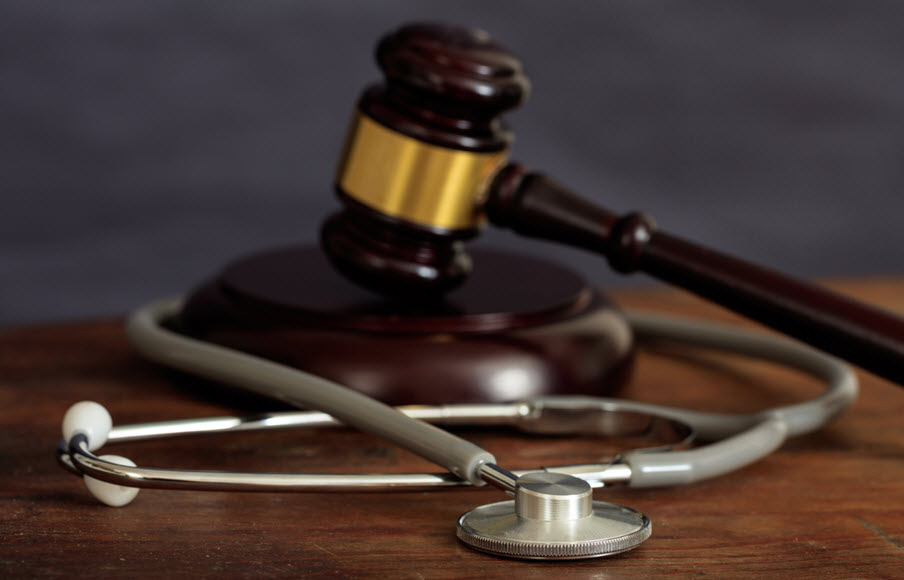Defective Medical Products or Drugs Attorneys Omaha
November 25, 2025 | Defective Medical Products
Every year, thousands of people suffer injuries due to defective drugs and medical devices they trusted to improve their health. When a medication or medical device meant to heal ends up causing harm, the consequences can be devastating—physically, emotionally, and financially. Understanding your legal rights and the steps you can take if you or a loved one has been affected by a faulty medical product is crucial to protecting yourself and holding negligent manufacturers accountable.
What Are Defective Drugs and Medical Devices?
A defective drug or medical device is any product that fails to work as intended or causes unexpected harm due to various issues such as design flaws, manufacturing defects, or insufficient safety warnings. These defects can emerge in many forms, but the common thread is that the product either does not perform safely or effectively, or it causes adverse effects that weren’t adequately disclosed to patients.
Some typical examples include:
- Prescription drugs with undisclosed severe side effects: Some medications, while approved for use, may have side effects that were either not fully tested or inadequately communicated to patients, leading to serious health complications
- Faulty medical implants: Products like hip replacements or hernia mesh implants that fail prematurely or cause infections, chronic pain, or other debilitating conditions
- Malfunctioning medical devices: Devices such as pacemakers, insulin pumps, or surgical tools that break down or operate incorrectly, potentially putting a patient’s life at risk
Understanding these categories helps you identify whether your injury or health issue might be linked to a defective product and underscores the importance of vigilance when using any medical device or drug.
Recognizing the Warning Signs and Taking Action
If you suspect that you or a loved one has been harmed by a defective drug or medical device, it’s important to act promptly. Early recognition and proper documentation can significantly impact your health outcomes and your ability to pursue legal action.
Step 1: Consult Your Healthcare Provider
Your first priority should always be your health. Contact your healthcare provider immediately if you notice unusual symptoms or adverse reactions after starting a new medication or using a medical device. Your doctor can advise whether you should stop using the product and discuss safer alternatives to manage your condition.
It’s crucial not to discontinue any prescribed medication or device without professional guidance, as doing so could worsen your condition.
Step 2: Document Your Symptoms
Keep a detailed journal of your symptoms, including when they started, their severity, and any changes over time. This documentation can be invaluable for medical professionals to understand your case and for your attorney to build a strong legal claim.
Step 3: Preserve Evidence
Save all packaging, receipts, instruction manuals, and any other materials related to the drug or device. This physical evidence can help establish that you used the product as intended and that it was the source of your injury.
Step 4: Check for Recalls
Visit the U.S. Food and Drug Administration (FDA) website or the manufacturer’s website to see if the product has been recalled. Recalls often indicate recognized safety issues and can support your claim.
Step 5: Consult an Experienced Attorney
Legal matters surrounding defective drugs and medical devices can be complex. An experienced attorney can evaluate your situation, explain your rights, and advise you on the best course of action.
What Compensation Can You Seek?
Being injured by a defective drug or medical device can lead to substantial financial and emotional burdens. Fortunately, the law allows victims to seek compensation to help cover these losses. Common types of damages pursued in these cases include:
- Medical expenses: Reimbursement for costs associated with treating injuries caused by the defective product, including hospital stays, surgeries, rehabilitation, and ongoing care
- Lost wages: Compensation for income lost due to an inability to work or reduced earning capacity resulting from the injury
- Pain and suffering: Monetary damages for physical pain, emotional distress, anxiety, and diminished quality of life caused by the injury
- Punitive damages: In cases where a manufacturer is found to have acted negligently or recklessly, courts may award punitive damages to punish the wrongdoer and deter similar conduct in the future
Building a strong compensation case often requires collaboration between your attorney and medical experts who can testify about the extent of your injuries and the product’s role in causing them. Investigators may also be involved to uncover evidence of manufacturing defects or inadequate safety warnings.
Why Taking Legal Action Matters
Defective drugs and medical devices can have life-altering consequences. Beyond the personal suffering, these cases shine a light on corporate negligence and help improve safety standards across the healthcare industry. By pursuing legal action, victims not only seek justice for themselves but also contribute to protecting others from similar harm in the future.
You don’t have to face these challenges alone. Legal professionals experienced in defective product claims can guide you through the complex process and fight for the compensation you deserve. Whether through negotiation, settlement, or trial, holding manufacturers accountable is a critical step toward safer medical products and better patient protections.
Defective drugs and medical devices pose serious risks to patients who trust these products for their health and well-being. Understanding what constitutes a defective product, recognizing warning signs, and knowing your legal options are essential to protecting yourself and your family.
Remember, your health comes first—always consult your healthcare provider before making any changes to your treatment. Then, document your experience, preserve evidence, and reach out to a trusted attorney who can guide you through the legal process.


